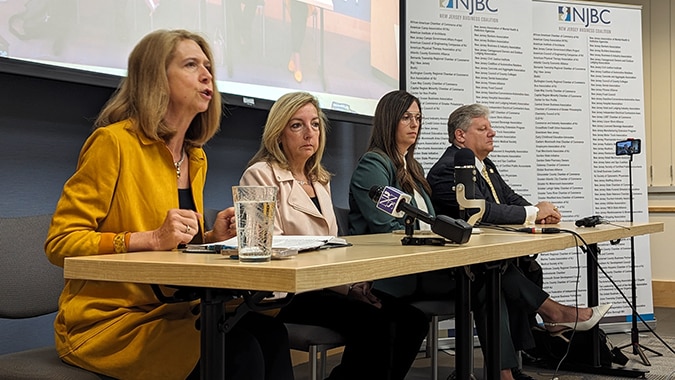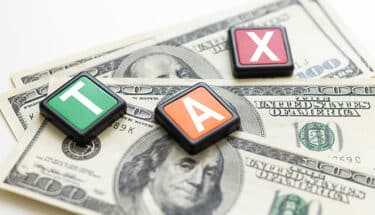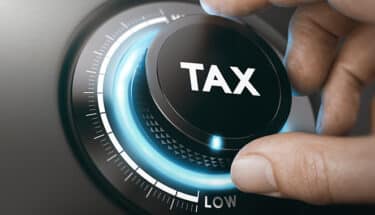NJBIA is calling for swift passage of legislation before the Assembly Appropriations Committee today to create a program to allow businesses to defer sales and payroll taxes as they struggle to survive being all but shut down for six weeks.
“The key to a bill like this is speed for the businesses that need every bit of immediate liquidity just to stay afloat, so for this bill to be successful, it can hopefully become law soon,” said NJBIA Vice President for Government Affairs Chris Emigholz, noting the bill reflects one of the recommendations from the 80-member Business Coalition formed by NJBIA.
The bill, A-4030 (Mukherji, D-33), would establish the Employment and Business-Related Tax Deferral Assistance Program in the New Jersey Economic Development Authority (EDA) to allow small businesses to defer the payment and remittance of certain employment and business-related taxes during COVID-19 public health emergency. Deferred payments could cover collections of the sales and use tax, the motor fuels tax, the petroleum products gross receipts tax, the gross income tax, workers’ compensation contributions, unemployment compensation contributions, temporary disability leave benefits contributions, and family temporary disability leave contributions.
The Senate unanimously passed a companion bill, S-2347 (Sweeney, D-3), on April 13.
“Small businesses need immediate relief, and letting businesses keep the taxes they already have and owe government will quickly put more cash in their hands to cope with the loss of revenue that so many businesses are facing right now,” Emigholz said.
He pointed out that such a program also would not require a state appropriation; the delayed revenue can be offset by federal CARES Act funding so the state is kept whole in the short-term before it is re-paid in the next two years.
Emigholz added that the program should be expanded to include more small businesses. Right now, only those with one to 10 employees would be eligible.
Under the program, businesses would apply for tax deferrals to the EDA, which would then enter into agreements detailing which taxes will be deferred, how long the deferral will last, and how much will be repaid and when. The agreements could also include requirements to retain or rehire employees. Employers also would have to agree to be personally liable for any taxes, penalties and interest if they fail to repay the deferred tax.







